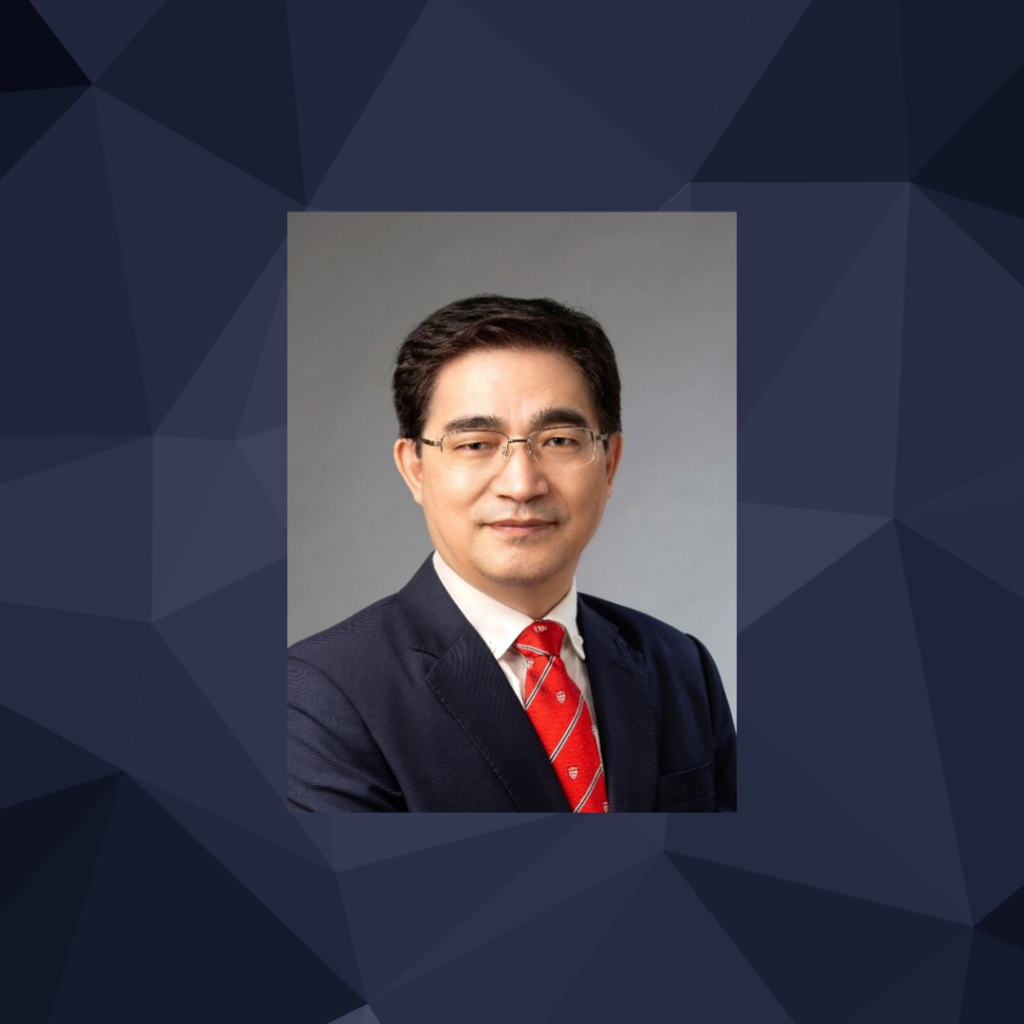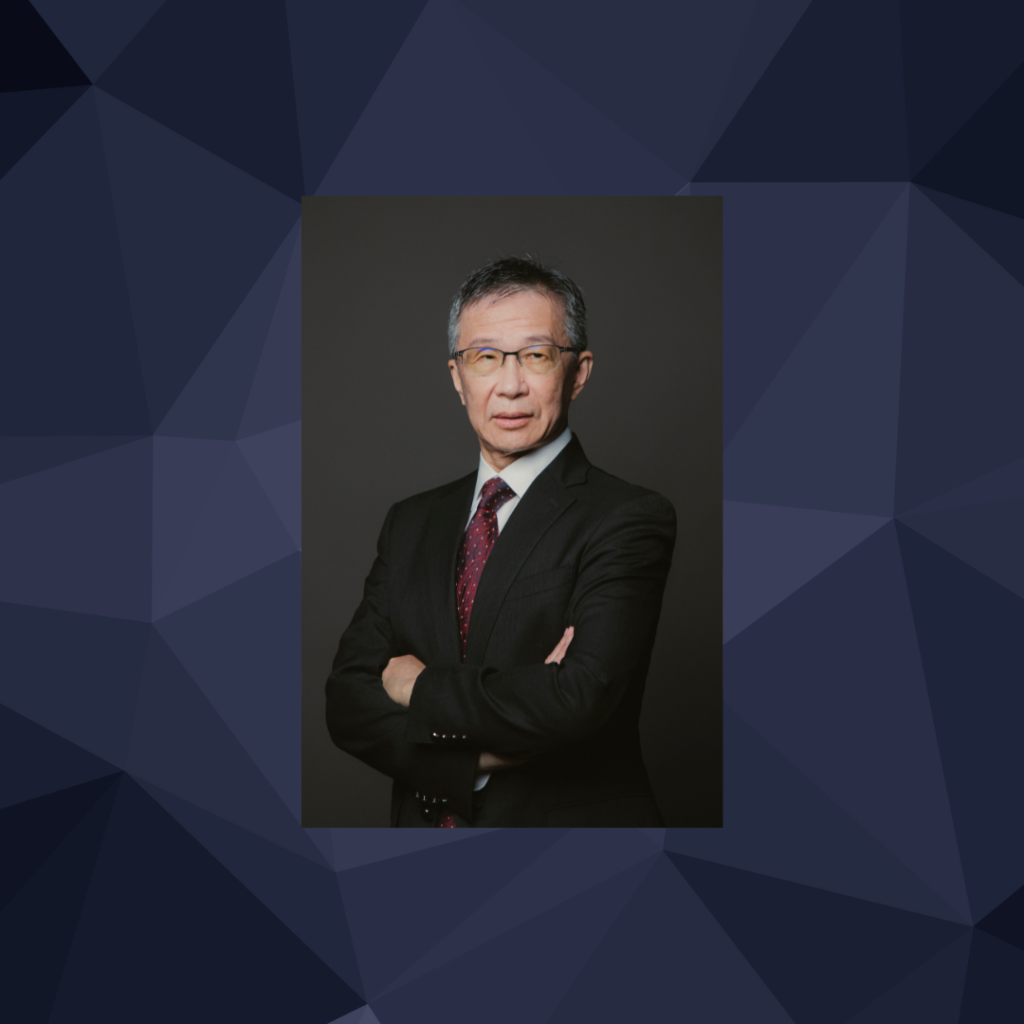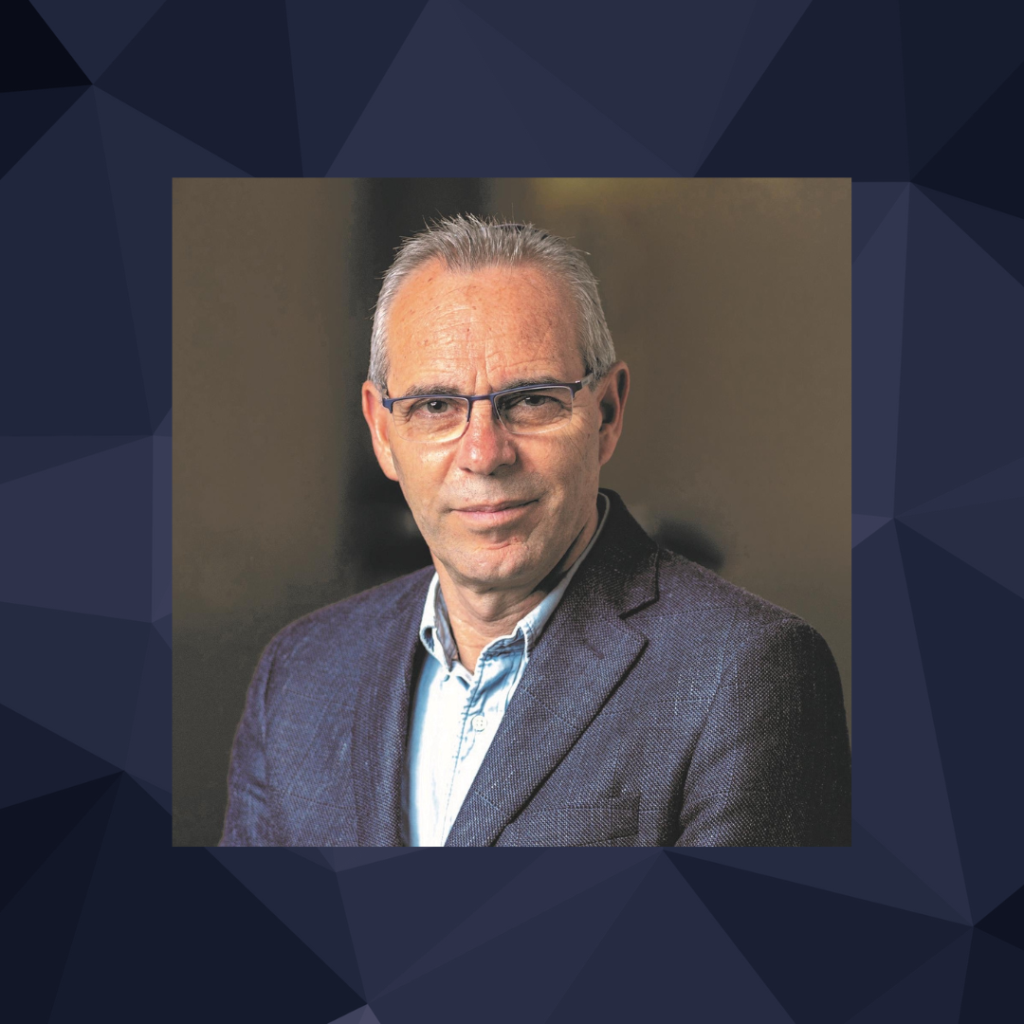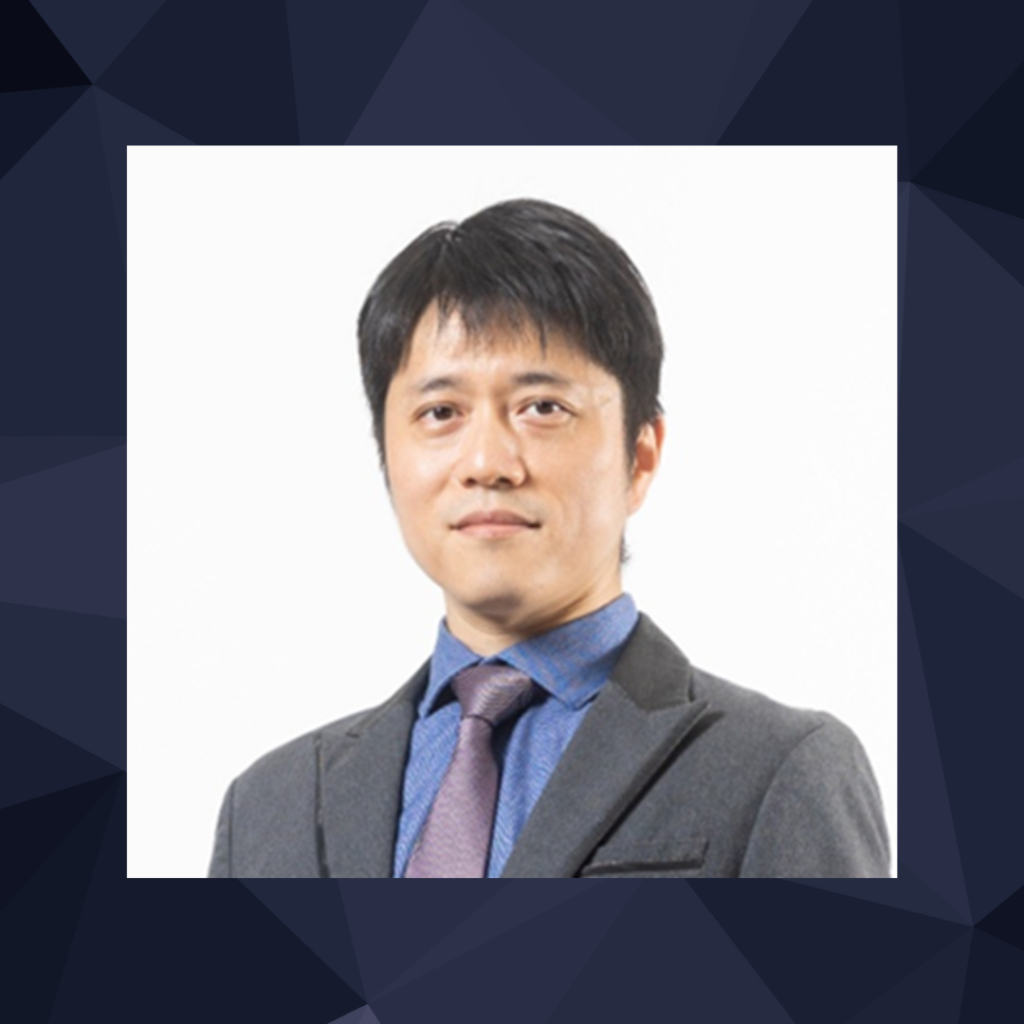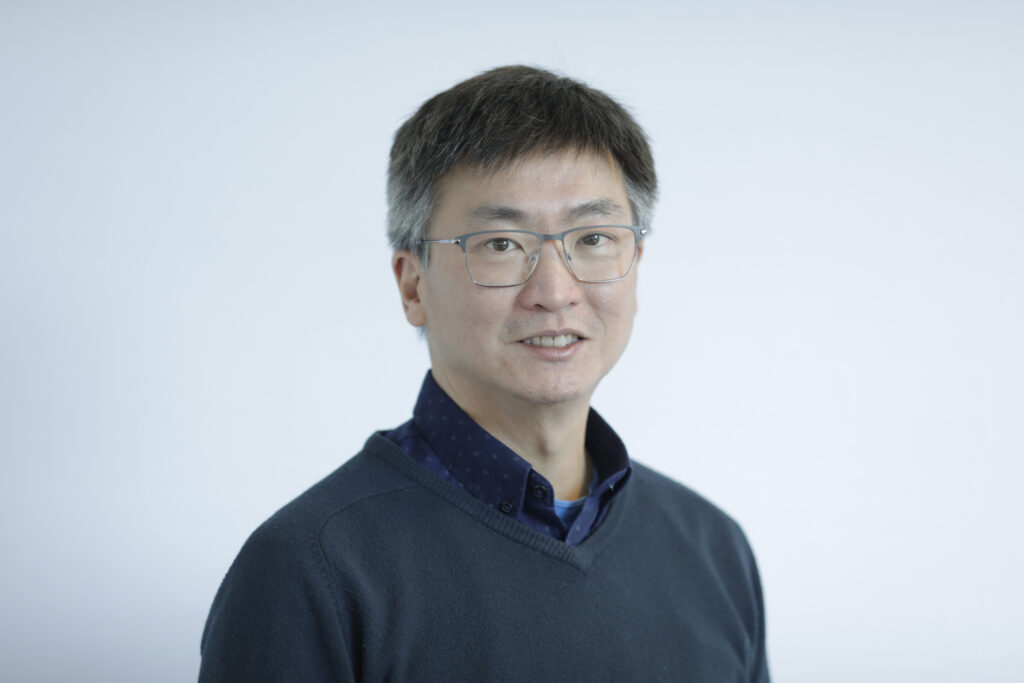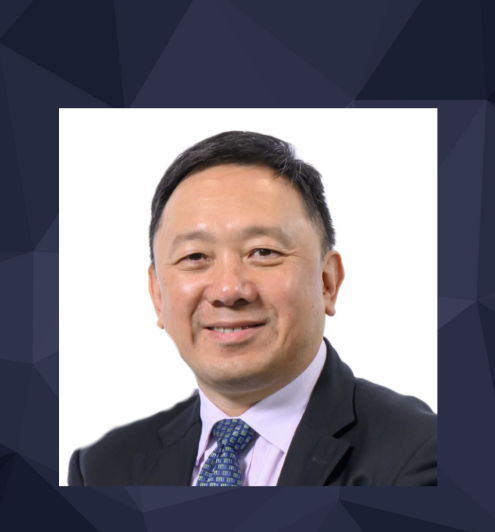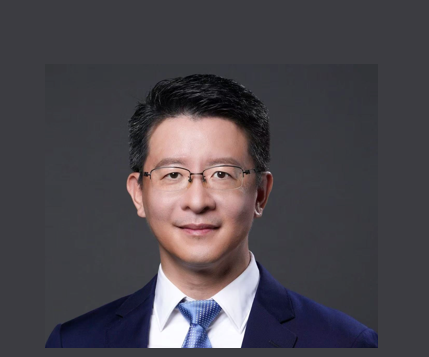November 13, 2025 (Thursday) 4:00pm-5:00pm
Rigid and flexible optoelectronics devices (OEDs), e.g., solar cells (SCs), LEDs, and photodetectors (PDs) have been widely investigated for potential applications from solar farms to buildings, wearable electronics, and biomedical sensors. The poor heterogeneous interfaces between different layers of OED structures will cause irreversible degradation. In this talk, we will discuss new approaches to enhance the interfaces from electrodes to active layers to achieve high-performance foldable OEDs. While typical transparent electrodes, e.g., indium tin oxide (ITO), are costly and brittle, we developed a new class of foldable transparent electrodes through the unique triple atomic interfacial integrations of composite materials[1], showing superior device stability against mechanical-electrical-moisture operation with a folding radius of 0.75mm. We further improve device performance by several strategies, including sublattice structuring, adhesion enhancement, and strain relaxation of SCs[2-7], synergetic ligand designs of LEDs[8-10], and crystallization enhancement of PDs[11-12]. We demonstrated SCs with 25.8% efficiency and over 2000 hours operational stability[3], pure primary-color ultra-flexible LEDs with prolonged stability[8] and PDs with detectivity surplus III-V semiconductor ones[11].

